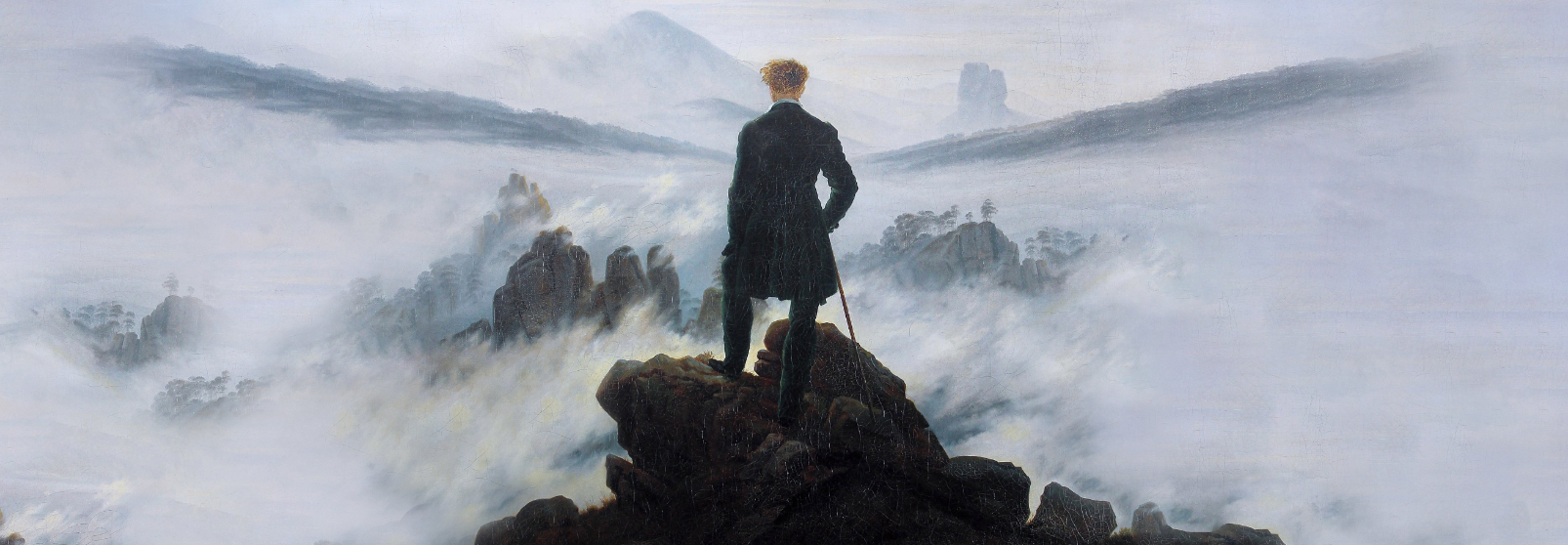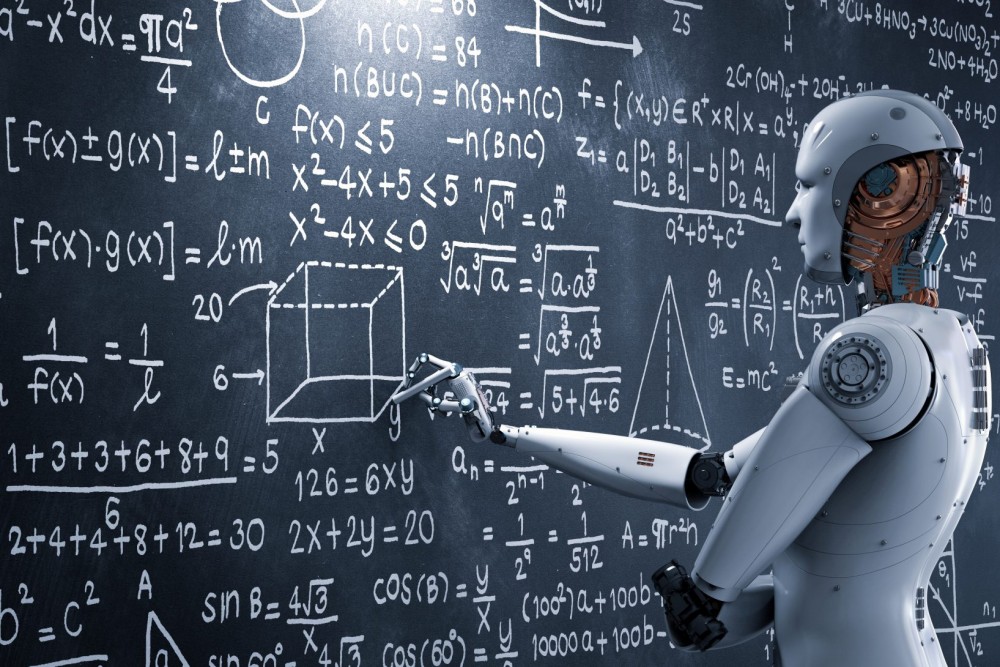The problem with proving the theory of multiple universes is that these universes are inherently not apart of our own. Due to this seemingly obvious fact, designing and tediously carrying out experiments in our universe have failed to detect anything beyond. But still, our great minds ponder a bubbling foam of multiple universes and our whole universe trapped inside one of those many bubbles. Perhaps we will one day decipher a method for crossing through the thin skin of our cosmic bubble, but for now the idea of multiverse is entirely theoretical and mathematical.
Quantum does theory suggests these hidden worlds with cornerstone principles such as the Heisenberg Uncertainty Principle, Bells Theorem of Non-locality and Quantum Retroactive Causality. There seems to be something nonsensical at the base of matter. Something that acts in probabilities and not actualities, something caught between worlds.
And that something builds upon itself to form our world. It clumps together to afford us our daily lives. On the human scale, these probabilities get lost in their combined immensity (the most common become concrete), but on a quantum scale these particles are still caught between worlds. And so, ideas like String Theories (Often called as a collection “M Theory”) explain this behavior with multiple dimensions and paralleled universes.
Many of these String Theories are brilliant mathematically. However, the beauty of science is that no matter how elegant the mathematics or logical the argument; nothing is law until it has been proven experimentally.
And since there are no experiments that have even been proposed to prove this theory, we are left to live in a world of wonder. Could there be other worlds out there? Not across the vastness of space but through the space between space itself? It is as if we reach out to grab it and it slides through our fingers, like grasping for the wind.
The Anthropic Principle takes this theory of multiple universes and uses it to explain the fine tuning of our universe. Fine tuning refers to the mathematical precision of the natural laws needed for life to exist on our planet; the enormity of factors that had to be just right for our existence.
How is it that our universe and our planet happens to have just the right factors for life to exist? The Anthropic Principle states that this question is flawed because it can only be asked by a life source that inherently must live in a finely tuned universe. The problem is the source of the question. No such question would arise in any of the multitudes of universes that could not sustain life. So in the same breath of this question we are also proclaiming its answer. We are here because if we were not, you would not have even wondered why.
Any student schooled in logical fallacies might call this argument, “circular reasoning,” and they may even be right. The argument does seem to dance around the issue. We must remember it is based on the assumption of a infinite amount of universes. This is not a theory proven true. If there were infinite amount of universes, there would be some lucky ones out there that could foster life. If this then is the case, it does seem foolish for the inhabitants of those universes to question why they are so lucky.
Random chance has no why, there is no mind behind a roll of the dice. We may ask this question with some hope for a purpose or as a search for the security of design, but the many worlds theory robs us of that peace of mind. Perhaps if this theory proves true, we can take solace in the wonder of a infinite frontier. But I doubt we will ever stop asking why. Nor should we. It may just have been what was keeping the human race alive so long.
Here is where we branch away from concrete “boots on the ground” science and back into science-fiction; however, I prefer to think of it as logical philosophy. If there are these branching universes, and they allow for a infinite amount of possibilities, then how does our consciousnesses steer through these forks in the road?
We can imagine ourselves as navigating a continually branching pathway, the universe we live in is only one winding path of this sea of possibilities; constantly choosing to go down one road or the next, even if we might not feel a turn.
Is it random chance that determines which universe we are in, or is there someone in the drivers seat? Is there some driving force that guides us? And are the versions of ourselves in the other universe even us?
There might have been one universe where I died on the way to work today, another where I die at age 80 after a long and fruitful existence, and (if there are truly a infinite amount of universes) there is one where I don’t die at all.
All of this is hinging on the existence if infinite universes but if we follow the assumption to its logical end then not only are all things possible but anything that is possible is inevitable. So, then we must ask the question: which universe do I live in?
This is now a much more personal question, for no one else can come with you on this journey. If we are continuously branching off into different universes, then so are our friends, family, and acquaintances. We can only live and experience from within our own individual perspective. With every random event we leave a version of ourselves and others behind for a new world.
This thought reminds me of the movie “The Prestige.” In the film, a magician repetitively clones himself before a crowd of adoring fans to preform a legendary trick. Every night this man is split into two men and in a instant one version of himself is transported safely across the room and the other falls into a tank of water. This tank of water that is sealed shut and then covered in a veil. The crowd believes that the man is escaping from the water but the truth is much grimmer.
Unbeknownst to the crowd, this clone inevitably drowns behind the veil in this sealed tank. Meanwhile, the other version of the magician arises from the back of the room to surprise the masses and claim his glory.
When finally discovered, the magician lamented that every day he would flip the switch and wonder, “will I be the man in the water or the man applauded?” But every night that he flipped the switch he found himself lucky; lucky to be the man alive.
Spending a few moments to think, one realizes that this is not luck, but instead a logical conclusion. Who else could this man be besides the one that survived? If he was not, the interrogator would have been speaking to a glass container filled with water and one very dead magician.
So then, which version of myself would I be in this infinity of universes? The one that survives.
In some sense, this Anthropic theory of everything alludes to a fountain of youth that has been right before us since the beginning of life itself. That each of us will live forever in our own separate timelines. That we will be as immortal islands separated by the branching of worlds.




Leave A Comment